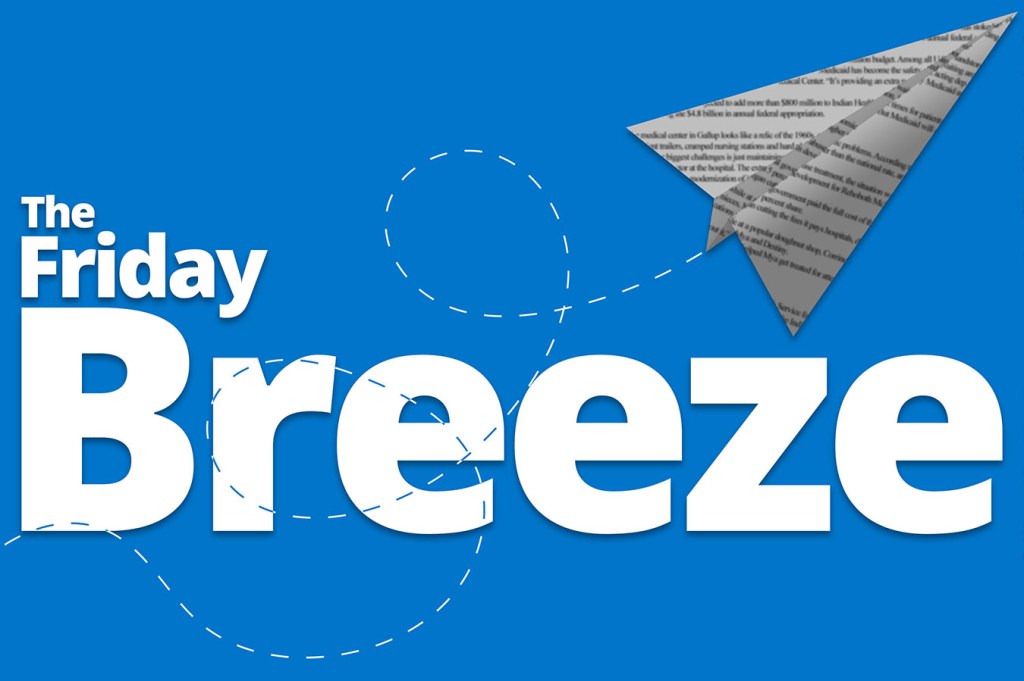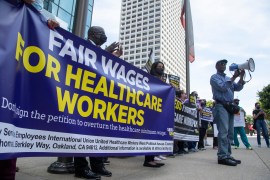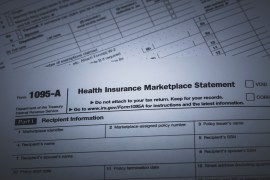While we transition from one talented newsletter editor to the next, regular readers will be subjected to yet another guest writer, me, Rachel Bluth, a KHN reporter in Sacramento, California. Don’t worry though, we’re maintaining a sense of continuity. The writer is different, but the news is the same: bad. Here are the stories you might have missed this week if you were binge-watching Netflix to escape reality.
Surge, Baby Surge
Does it feel like spring? Looking only at the coronavirus infection rates, one might think it was still April. States keep insisting on reopening, and the virus has reached its highest U.S. case count in two months.
Texas, Florida, Arizona and California have all seen record-breaking spikes in new cases this week. Texas Gov. Greg Abbott “paused” reopening Thursday, and then went further on Friday by closing bars and reducing restaurant occupancy. Which sounds significant until you realize people can still gather in groups of 100.
As far as contact tracers can tell, most of these new cases aren’t coming from protests against police brutality, according to NPR. Instead, cases are mostly coming from family parties in private homes. States are finding that their coronavirus patients skew younger and younger.
“In June, we’re seeing that now 2 out of 3 people that have contracted this disease are under 29,” Erika Lautenbach, director of the Whatcom County Health Department in Washington state, told NPR. Now more than ever, it’s time to tell your cousin to put down the White Claw and pick up a mask.
More states now require mask-wearing in public: California and Washington are the latest to join the ranks.
The good news is that while businesses open around the country, masks seem to be saving lives. Two sick hairstylists in Springfield, Missouri, prevented further infections by wearing masks, according to reporting from The Washington Post.
The bad news is that people don’t like being told what to do — although maybe that isn’t news. A sheriff in Washington told people in his jurisdiction to flout mask rules, saying, “Don’t be a sheep.” For the record, there have been no studies yet about COVID-19 risk in livestock, so it might behoove us to all to be a little more like sheep, anyway. (Did you catch the pun there?)
Ditching the Dirt
Next, let’s talk about your bits. Groin, underarms, feet … the dirty bits. You should be washing them! Your hands, too. But that might be enough, according to scientists quoted in The Atlantic this month. Over-washing the rest of your body by showering too much could lead to eczema flare-ups and change our bodies’ natural defenses to germs and bacteria. More showering isn’t necessarily better for us, so it could be time to reevaluate how often you shower. And while we’re here, please wash your hands.
I know, I know. It’s hard to remember to cover your snout and wash your paws. If we can count on anything in these turbulent times, it is that capitalism always finds a way. This week, Apple announced a new feature to help enforce hand-washing guidelines. A countdown timer reminds people to wash thoroughly. According to NBC, it’s a play to sell more tech to hospitals and clinics. It’s unclear at the time of publication how facilities that cannot afford personal protective equipment will pay for Apple Watches. Perhaps most crucially, the update will let users add a CDC-recommended face covering to their personalized emojis. Surely, with all these technological advancements, a coronavirus cure cannot be far off.
Testing and Testimony
Speaking of cures and treatments, Dr. Anthony Fauci, director of NIH’s National Institute of Allergy and Infectious Diseases, gave the country a hesitant shot of hope this week when he said he’s “cautiously optimistic” about a vaccine being ready by the end of this year or early 2021.
That’s about all the optimism he had to give during his Tuesday testimony before the House Energy and Commerce Committee. Fauci joined other top health officials in telling lawmakers that talk of a “second wave” of the coronavirus is premature. We are still very much in the first wave.
“The virus is not going to disappear,” Fauci said.
Dr. Brett Giroir, assistant secretary for health at HHS, said even the 500,000 daily tests being conducted nationwide are not enough, and having only 28,000 trained contact tracers is also insufficient.
Fauci also warned that flu season would be extra dangerous this year, because two upper-respiratory infections swirling around the population could spell disaster. Two lungs, two infections? At least we have symmetry to look forward to this winter.
Immigration, Now With Health Policy Implications
Things are still bad in rural America, where testing in remote areas has been spotty at best. Some officials are worried things will only get worse, now that the Trump administration is restricting H-1B visas, which bring certain skilled workers into the country. These visas have often been used to get foreign doctors into underserved rural communities who lack doctors. After pressure from business interests, it appears the administration will exempt health care workers.
Americans may also be on the receiving end of immigration restrictions soon. The European Union is considering putting travel restrictions on visitors from countries where the virus is not well controlled. With over 2.4 million cases, things are not looking good for Americans trying to summer on the French Riviera this year.
Well, let’s forget about other countries. This is America, spiritual birthplace of the road trip! At least we can go to other states, right? Not so fast. The governors of New York, New Jersey and Connecticut announced that visitors from especially hard-hit hot spots would have to cool their heels in a two-week quarantine if they want to come to the tri-state area. Rhode Island is considering similar measures. Visitors to Hawaii need a negative COVID test to skip quarantine. President Donald Trump says these rules, like many others, do not apply to him.
Hugged A Tree Lately?
Has the regular terror of the coronavirus distracted you from the threat of climate change? Fret not! This week, we have a two-for-one special on existential crises, brought to us by NPR. Scientists have found a correlation between deforestation and disease outbreaks like Ebola. Turns out that decimating animals’ natural environment pushes them closer to humans and increases the likelihood of zoonosis (a fun word for the terrifying prospect of a disease jumping from animals to humans). We don’t have enough information yet to know if the coronavirus was a direct result of deforestation, but maybe the middle of a pandemic is the wrong time to keep cutting down trees.
I’ve been told there is non-coronavirus news still happening, but I can’t confirm that. In lieu of real news, take a few of these feel-good stories to tide you over until the world improves: Mark Ruffalo got a kitten, this toad might not actually be extinct, and this cyclist rode his bike up and down a hill for over seven hours to beat a world record! See, everything is fine.
Enjoy your weekend! Writing this was hard and I never want to do it again. Stay safe, and wash your hands and bits.







